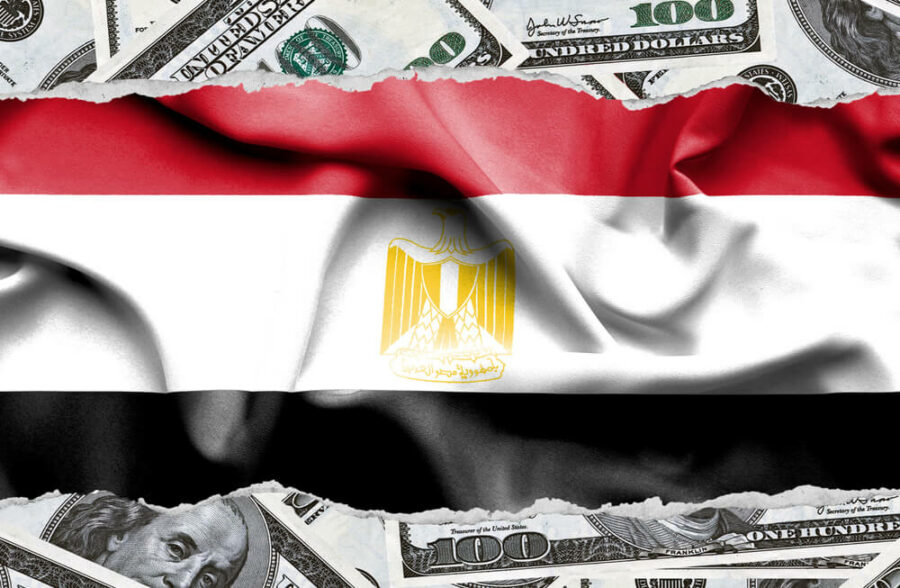On the eve of a central bank meeting to consider raising interest rates, Egypt lowered its economic growth target for the next fiscal year to 4.1 percent in the fiscal year 2023-2024 from 5.5 percent previously.
At a meeting on Wednesday, the Egyptian cabinet approved the budget for the next fiscal year 2023-2024, which is expected to be presented to parliament for approval.
Egypt has been in trouble with a crisis to provide dollar resources since the Russian-Ukrainian war, which has compounded pressure to provide key commitments to the import-dependent country.
According to a statement issued by the Council of Ministers, Egyptian Finance Minister Mohamed Al-Maait said that the growth rate targeted in the budget for the new fiscal year was estimated at 4.1 percent, lower than the 4.2 percent expected growth rate during the current fiscal year.
Read: Egypt’s Central Bank meets on Thursday. Will it surprise markets again?
The growth rate targeted for the new year is lower than the targets announced in the presidential statement on March 19, which said that the budget aims to achieve a GDP growth rate of 5 percent.
It is also lower than what Egypt has announced since last December, as the Finance Ministry previously said it was targeting a growth rate of 5.5 percent in the 2023-2024 fiscal year.
Revenues
The finance minister expected total revenues in the new budget to grow by 38.4 percent, while tax revenues are expected to grow by 28 percent, according to the statement.
Subsidies for food commodities increased at an annual growth rate of about 20 percent, subsidies on petroleum products at a growth rate of 24 percent, and export subsidies increased by 462.5 percent in the new budget.
Petroleum subsidies in Egypt rose to EGP 66 billion during the first half of the 2022-2023 fiscal year, due to the liberalization of the EGP exchange rate, in parallel with the rise in global oil prices.
The targeted subsidy for food commodities during the current fiscal year is about 90 billion Egyptian pounds.
The Egyptian government had aimed not to exceed EGP 28 billion in petroleum subsidies in the budget for the current fiscal year 2022-2023. The fuel subsidy bill in the final account of the 2021-2022 budget amounted to EGP 59 billion, an increase of 212 percent from the fiscal year 2020-2021 when it recorded EGP 18.9 billion.
In a statement Wednesday, the finance minister described the budget as “including targeted reform measures.”
Egypt signed an agreement with the International Monetary Fund (IMF) last December for an economic reform program to finance $3 billion.
The minister predicted that the primary surplus would reach 2.5 percent of GDP, “the highest primary surplus targeted as part of efforts to reduce government debt as a percentage of GDP.”
The minister noted that the new budget estimated the inflation rate at 16 percent.
The inflation rate in Egyptian cities jumped in February to 31.9 percent.
For more on Egypt, click here.








